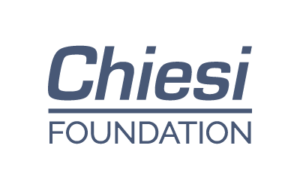The country
Senegal is a West African country characterized by great geographical variety. Its territory extends from the Sahara Desert to the forests of the Casamance region, offering a mosaic of landscapes that range from the desert sands to the Atlantic coasts. The Senegal River, which marks the northern border, is one of the country’s vital arteries.
In 2023, Senegal’s population was approximately 18,077,573. Population growth is significant, with a 2.5% growth rate. The population distribution is predominantly rural, with 60% living in rural areas. Life expectancy at birth is approximately 68 years for men and 70 years for women.
From a socioeconomic point of view, Senegal is a developing country. The Senegalese economy is mainly based on agriculture, fishing and tourism. Despite the progress made in recent years, the country still faces significant challenges such as social inequalities, poverty and dependence on climatic conditions in agriculture.
Politically, Senegal is considered one of the most stable countries in West Africa. The country has a long democratic tradition and has regularly held free and pluralistic elections. However, political challenges remain numerous, including the fight against corruption and the promotion of sustainable development.
Despite significant progress in recent years, access to basic health services remains limited, especially in rural and remote areas of the country. Infectious diseases such as malaria, tuberculosis and HIV/AIDS are endemic, and infant and maternal mortality are still high. The public health system, although constantly improving, suffers from shortages of resources, medical personnel and adequate infrastructure. Per capita health expenditure is relatively low, and a significant portion of the population is not covered by any health insurance.
In 2022, the neonatal mortality rate in Senegal was 20.4 deaths per 1,000 live births. This figure highlights the urgent need to improve neonatal care in the country, where access to quality health services is limited and resources are scarce.
(Source: data.who.int)
Senegal in numbers
Senegal in numbers
Our intervention
The collaboration between Chiesi Foundation and PMNCH (Partnership for Maternal, Newborn and Child Health) was launched to improve neonatal and maternal health in Senegal through the implementation of PMNCH’s Collaborative Advocacy Action Plan (CAAP) for the country, in line with the Foundation’s objectives in the neonatal field.
PMNCH is the world’s largest alliance with nearly 1,500 members, including governments and organizations, working for the health and well-being of women, children and adolescents, with a strong focus on newborns. A leader in global policy advocacy, it supports the development of the United Nations strategy Every Woman Every Child for women’s, children’s and adolescents’ health (2016-2030), the Every Newborn Action Plan and many other influential initiatives.
In the context of this collaboration, PMNCH coordinates the work of national partners through Collaborative Advocacy Action Plans (CAAPs), which aim to create more effective information sharing and engagement among a wide range of stakeholders. PMNCH is implementing this process CAAP in several countries in the Global South, where it has a critical mass of partners and existing projects for women’s, children’s and adolescents’ health through three interconnected functions: knowledge synthesis, partner engagement and awareness campaigns.

